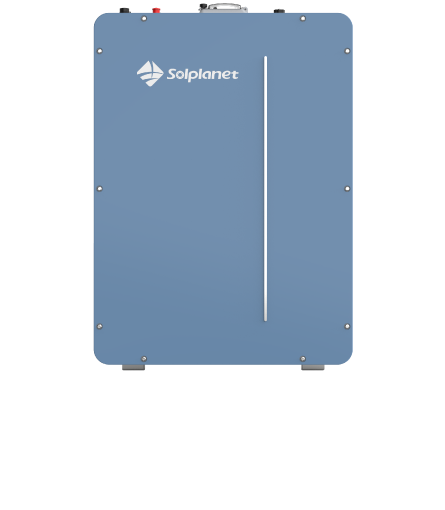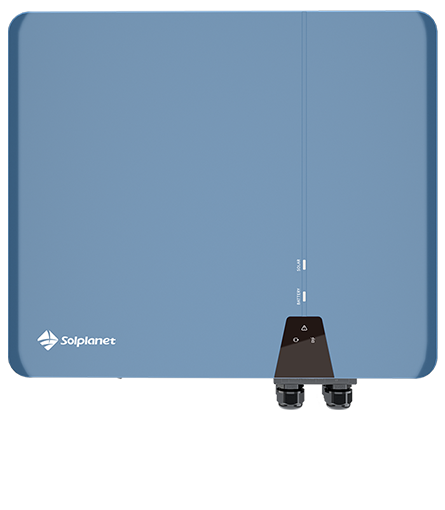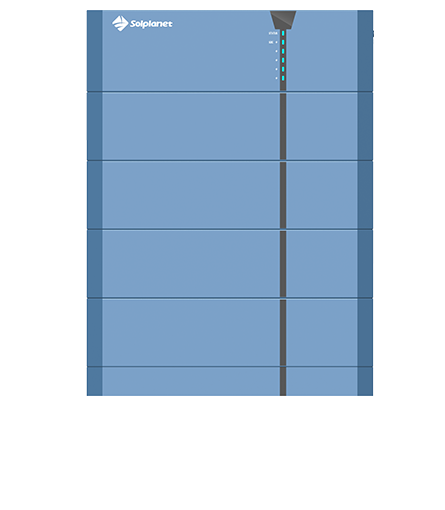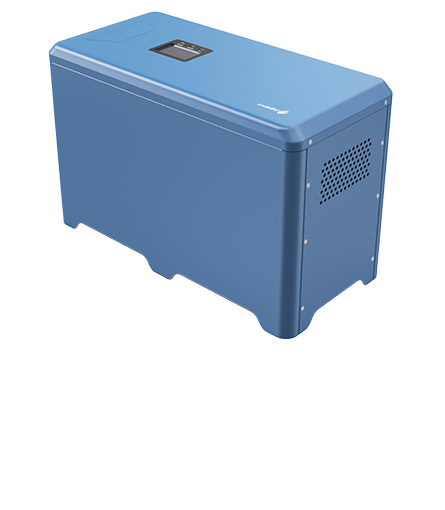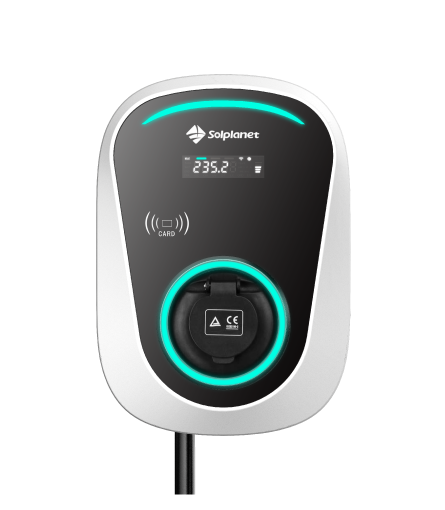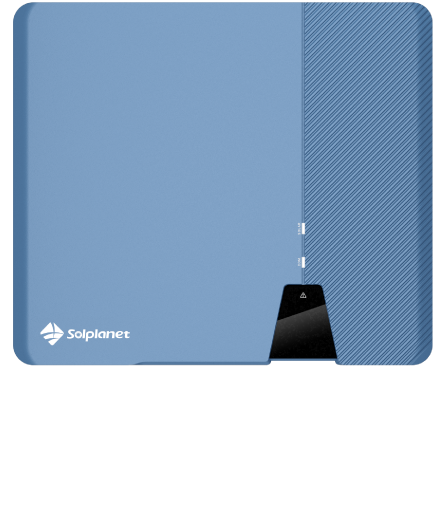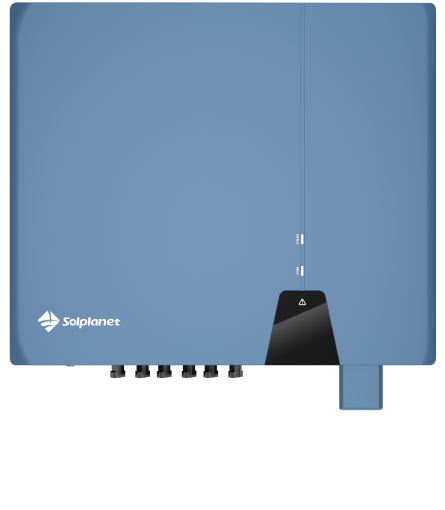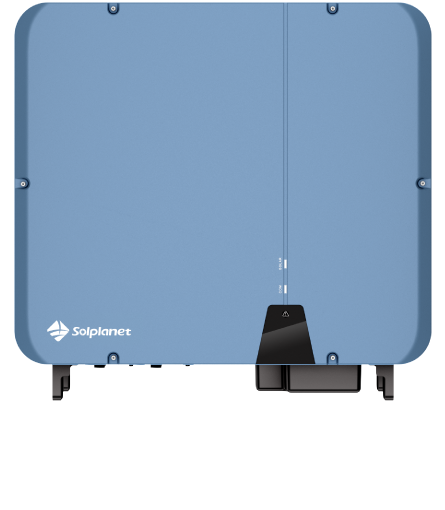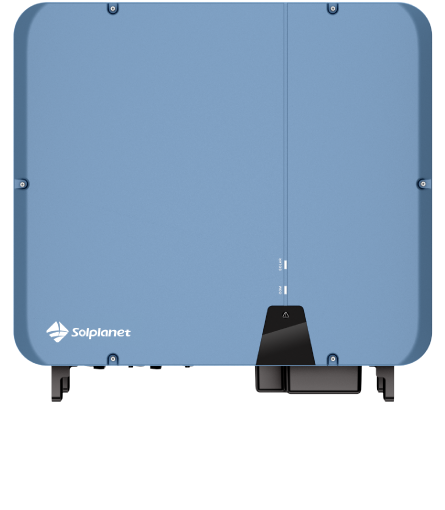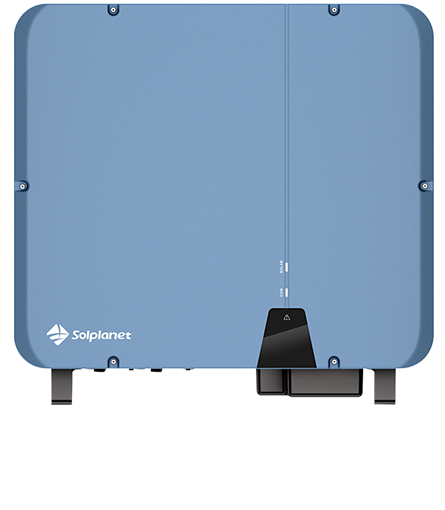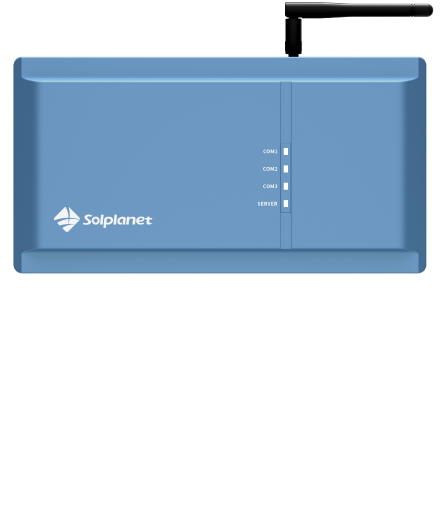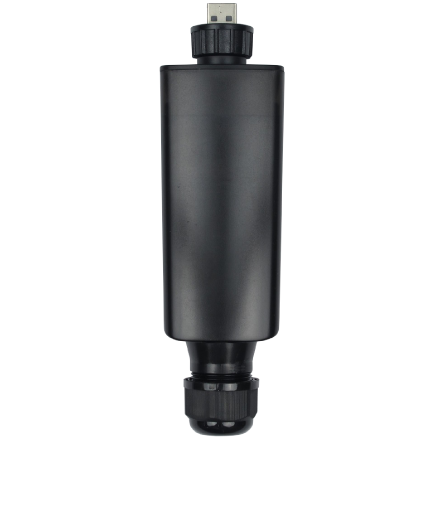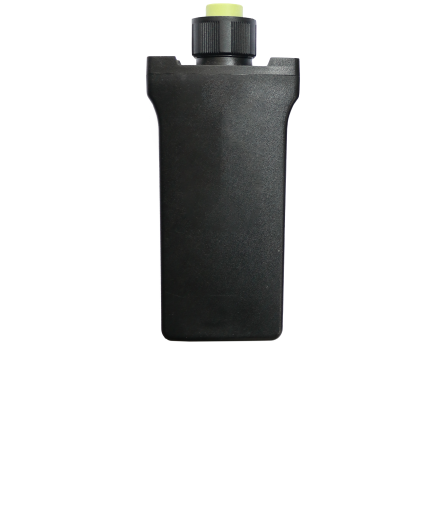2012-05-31
North America: PV module supply shortage; higher costs; lower ROIs
The preliminary antidumping tariffs announced by the U.S. Department of Commerce (DOC) could see up to 45 percent, or 1.5 gigawatts (GW) of photovoltaic module shipments to North America suspended. Meanwhile, module costs are expected to rise, and returns on investment (ROI), decrease.
Prior to the preliminary DOC determination, issued on May 17, research company, IHS iSuppli had predicted that two GW worth of photovoltaic modules would be shipped into North America in 2012 by Chinese manufacturers, thus accounting for up to 60 percent of the market.
However, following the announcement, which saw preliminary tariffs of between 31.18 and 249.96 percent imposed, the company believes that “many Chinese players will suspend shipments to North America while business plans are modified”. “This,” it continued, “could represent the temporary removal of up to 1.5GW worth of stopped shipments to the region, accounting for 45 percent of the total market in 2012.”
IHS further forecast that module costs could rise as much as 12 percent and ROIs could decline by up to 2.5 percent, even when alternative supplies are found. System prices are also expected to be impacted. For example, says the company, if cells are outsourced to Taiwan, and module costs are consequently 10 percent higher, ground-mounted installation costs will rise from US$2.65 per watt, up from $2.56. This would then see ROIs declining 1.5 percent to 2.5 percent. North American module inventory levels would additionally “quickly deplete”.
“This reduced ROI means some investors may think twice when valuing other vehicles to put their money,” stated Mike Sheppard, photovoltaics analyst with IHS. “However, most investors will not be deterred.”
Avoiding the tariffs
While negative, IHS foresees a way for the affected Chinese photovoltaic manufacturers to sidestep the issue. Specifically, the DOC has determined that while modules, laminates and panels produced in a third country from cells produced in China will have to pay duties, modules, laminates and panels produced in China from cells produced in a third country are exempt.
Thus, the firm believes that Chinese cell manufacturers will lean towards outsourcing their operations to other countries, like Taiwan, to avoid paying the duties.
Sheppard commented, “A popular option will be to utilize cell specialists operating in Taiwan. This will allow the Chinese players to avoid the high tariffs ranging from 34 to 250 percent. However, such a strategy also will add 10 to 12 percent additional cost for the modules, based on the margins required from the third-party contract manufacturers and from additional logistics charges.”
From: PV Magazine

